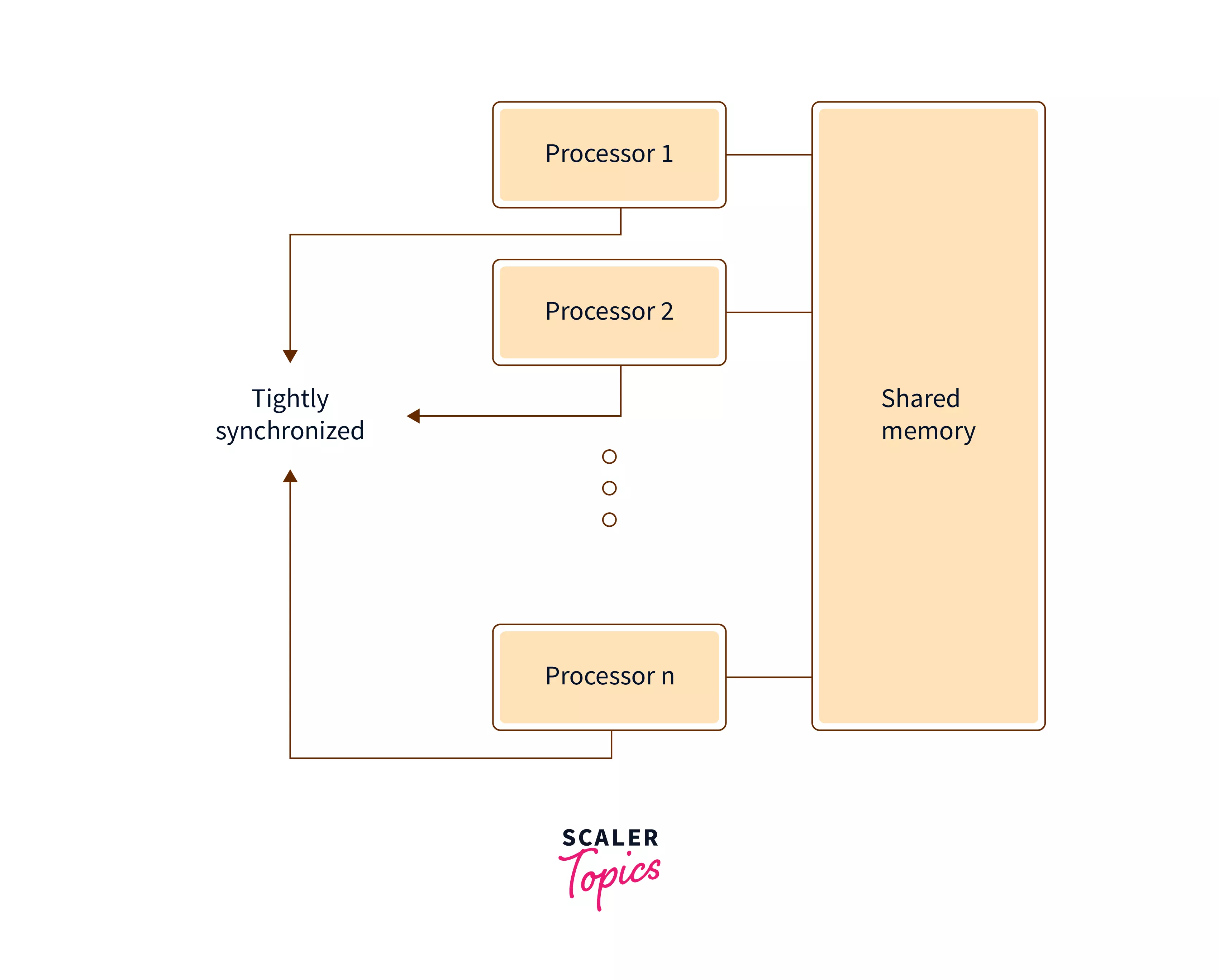Later-Life Autism Diagnosis: Transforming Your Life

Table of Contents
Understanding a Later-Life Autism Diagnosis
Understanding a later-life autism diagnosis requires acknowledging both the challenges and the benefits it presents. For many, receiving this diagnosis as an adult offers a powerful explanation for lifelong struggles and opens doors to self-acceptance and improved well-being.
The Challenges of Late Diagnosis
Receiving an autism diagnosis in adulthood can be emotionally complex. Many individuals grapple with:
- Feeling isolated and misunderstood: Years of feeling different and struggling to fit in can leave a profound impact. The lack of early diagnosis can lead to a sense of isolation and frustration.
- Struggling with past experiences and relationships: Understanding past difficulties through the lens of autism can be both insightful and painful. Reconciling past relationship challenges requires self-compassion and potentially, open communication with loved ones.
- Dealing with potential stigma and societal misconceptions about autism: Societal misunderstandings about autism can create further challenges for adults navigating a late diagnosis. Educating oneself and others about autism is crucial in combating these misconceptions.
- The impact on family and relationships: A late diagnosis can impact existing family dynamics. Open communication and education are essential for fostering understanding and support within the family unit. Family therapy may be beneficial.
The Benefits of a Later-Life Diagnosis
Despite the challenges, a later-life autism diagnosis offers significant benefits:
- Gaining self-understanding and acceptance: Understanding your autism can provide a sense of validation and self-acceptance. It can finally explain lifelong patterns of behavior and thinking.
- Developing coping mechanisms and strategies: Armed with an understanding of your autistic traits, you can learn and implement strategies to navigate daily life more effectively.
- Accessing support and resources tailored to autistic adults: Many resources and support networks cater specifically to the needs of autistic adults, offering valuable guidance and community.
- Improving communication and relationships: Learning about autistic communication styles can dramatically improve interactions with others, leading to stronger and more fulfilling relationships.
- Finding a sense of community and belonging within the autistic community: Connecting with others who share similar experiences can create a powerful sense of belonging and shared understanding.
Navigating the Diagnostic Process as an Adult
The diagnostic process for adult autism can differ from that for children. Understanding the process and finding the right professional is crucial.
Finding the Right Professional
Choosing a qualified professional is the first step. You should:
- Seek out professionals specializing in adult autism spectrum disorder (ASD): Not all clinicians have the expertise to diagnose autism in adults. Look for those with specific experience in this area.
- Importance of a thorough assessment process: A comprehensive assessment will involve multiple methods to ensure accuracy.
- Questions to ask potential diagnosticians: Ask about their experience with adult autism, their diagnostic approach, and the estimated cost and duration of the process.
Understanding the Assessment Process
The assessment will typically involve:
- Detailed questionnaires and interviews: These provide insights into your developmental history, current challenges, and personal experiences.
- Neuropsychological testing: These tests assess cognitive abilities and processing styles.
- Review of developmental history: Gathering information about your childhood and adolescence can provide crucial context for the diagnosis.
- Observational assessments: Some clinicians may conduct observations to assess your social interactions and behaviors.
Life After Diagnosis: Embracing Support and Strategies
A diagnosis is just the beginning. Building a support network and developing coping mechanisms are key to thriving after a later-life autism diagnosis.
Building a Support Network
Strong social connections are vital:
- Connecting with other autistic adults: Sharing experiences with others who understand can be incredibly validating and supportive.
- Seeking support groups and online communities: Many online and in-person support groups provide a safe space for connection and shared learning.
- Building relationships with understanding family and friends: Educating loved ones about autism and fostering open communication can strengthen family and friendship bonds.
Developing Coping Mechanisms and Strategies
Numerous strategies can improve daily life:
- Sensory regulation techniques: Learning to manage sensory overload is crucial for many autistic individuals.
- Social skills training: Targeted training can help develop social skills and improve communication.
- Cognitive behavioral therapy (CBT): CBT can help manage anxiety, depression, and other mental health concerns often associated with autism.
- Occupational therapy: Occupational therapy can assist in developing strategies for daily living tasks and improving sensory processing.
- Lifestyle adjustments: Making adjustments to your environment and routine can significantly improve your well-being.
Resources for Adults with a Later-Life Autism Diagnosis
Numerous resources are available to support adults with a later-life autism diagnosis. These include:
- [Insert Link to Reputable Organization 1]: Provides information, support, and resources for autistic adults.
- [Insert Link to Reputable Organization 2]: Offers support groups and online communities.
- [Insert Link to Relevant Book/Publication]: Provides valuable insights and strategies.
- [Insert Link to National Autism Organization]: Connects individuals with local resources and support.
Conclusion
Receiving a later-life autism diagnosis can be a transformative journey. While it may present challenges, it also unlocks opportunities for self-discovery, growth, and improved well-being. By understanding the process, accessing available resources, and building a strong support network, individuals can navigate this new chapter and thrive. Don't hesitate to seek out support and explore the resources available to you. Embrace this new understanding and begin your journey towards a more fulfilling life with a clearer understanding of yourself. Take the first step today and learn more about later-life autism diagnosis and how it can transform your life.

Featured Posts
-
 Apples Potential Operating System Name Changes An Analysis
May 30, 2025
Apples Potential Operating System Name Changes An Analysis
May 30, 2025 -
 All The Air Jordans Releasing In May 2025
May 30, 2025
All The Air Jordans Releasing In May 2025
May 30, 2025 -
 Andre Agassi De La Tenis La Pickleball O Tranzitie Ineptuita
May 30, 2025
Andre Agassi De La Tenis La Pickleball O Tranzitie Ineptuita
May 30, 2025 -
 Caiado Pode Receber Titulo De Cidadao Baiano Apoio Da Fecomercio
May 30, 2025
Caiado Pode Receber Titulo De Cidadao Baiano Apoio Da Fecomercio
May 30, 2025 -
 Media Advisory Joy Smith Foundations Inaugural Launch
May 30, 2025
Media Advisory Joy Smith Foundations Inaugural Launch
May 30, 2025
